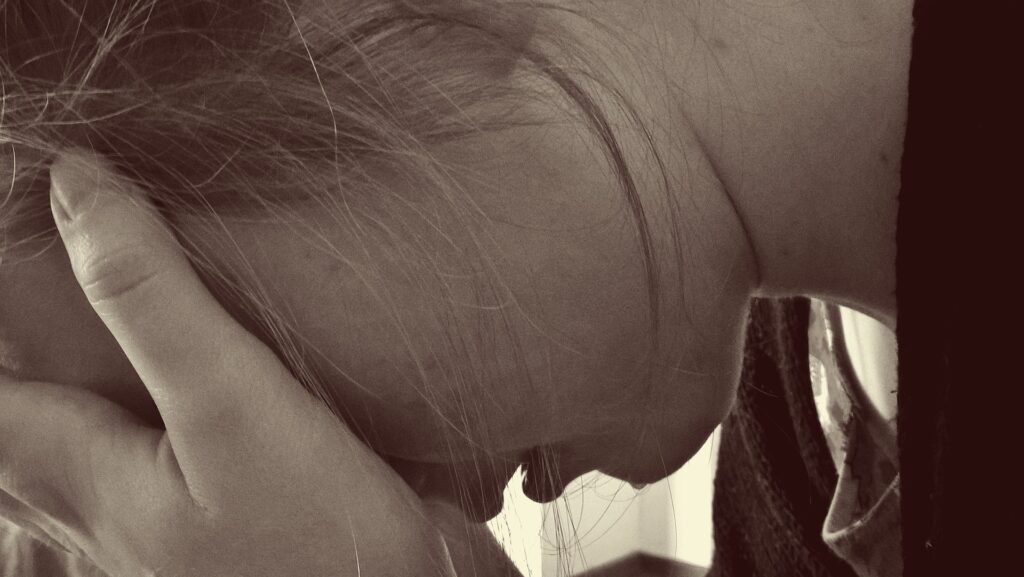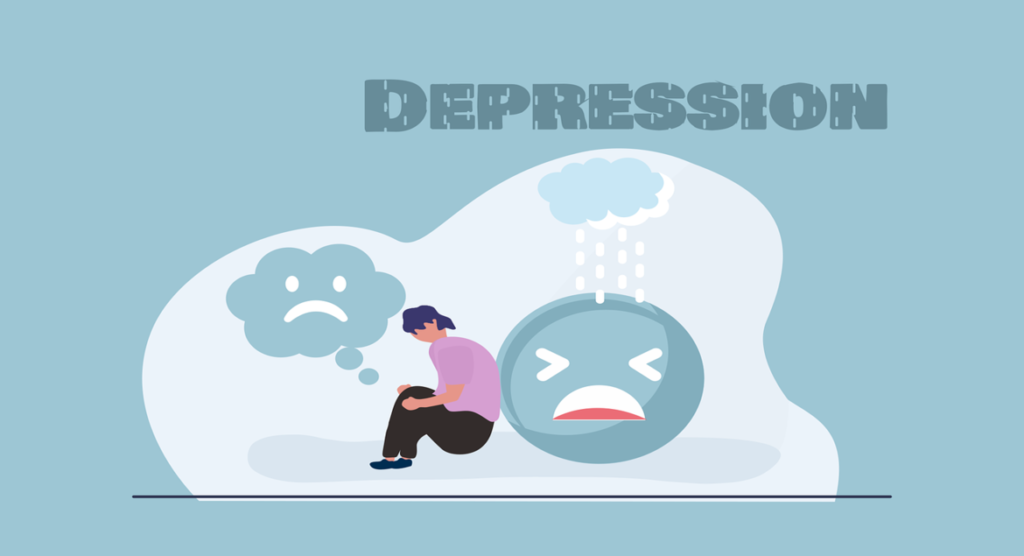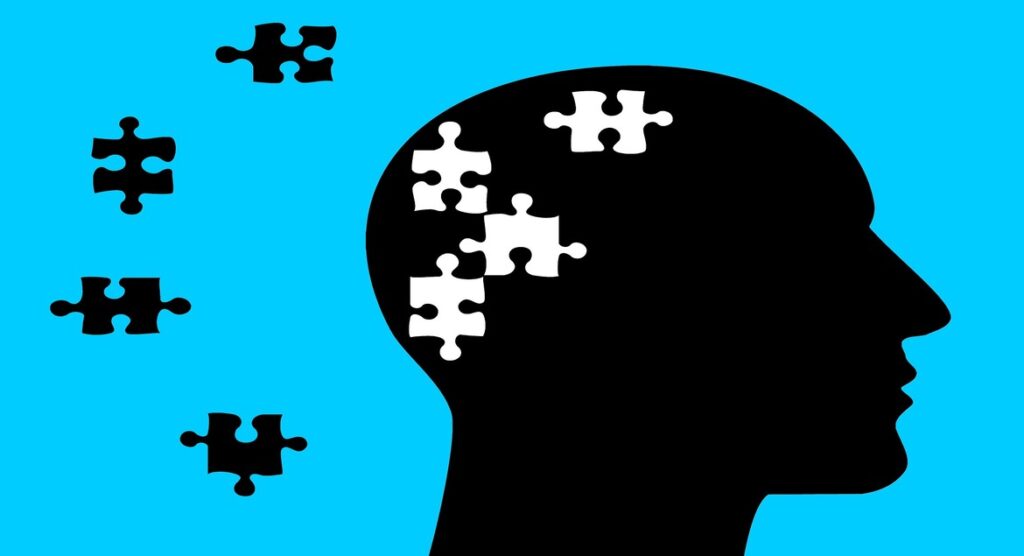Depression and anxiety are two of the most common mental health conditions in the world. According to the National Institute of Mental Health, around 20% of people in the US experience anxiety disorders at some point in their lives, while approximately 7.5% experience major depressive disorder.
While there is no one-size-fits-all solution when it comes to tackling these issues, understanding the symptoms can help you get started on the right track. In this article, we’re going to take a look at some of the most common symptoms of depression and anxiety, and what you can do to start feeling better right away.
Table of Contents
What are the Symptoms of Depression and Anxiety?
Depression is a mood disorder characterized by a prolonged or recurrent low mood, feelings of sadness, emptiness, hopelessness and pessimism. It can be accompanied by physical symptoms such as fatigue, weight gain, insomnia and changes in appetite. Anxiety is a mental disorder characterized by feelings of fear, stress and anxiety. It can interfere with daily life and cause physical symptoms such as heart palpitations, shortness of breath, dizziness and chest pain.
How Can you Tell if you have Depression or Anxiety?
Depression is a mood disorder characterized by abnormal moods and feelings, decreased energy, and decreased interest in activities. People with Depression may also experience feelings of sadness, emptiness, guilt, hopelessness, and despair.
Anxiety is a type of anxiety disorder characterized by persistent and excessive worry about personal safety or the future, accompanied by physical symptoms such as heart palpitations, shortness of breath, dizziness, and sweating. Anxiety can often interfere with daily life.
If you are experiencing any of the symptoms below for more than two weeks or if the symptoms are causing significant problems in your life, please consult a healthcare professional.
The following are some signs that you may have Depression or Anxiety:
-You have lost interest in activities you used to enjoy
-You have trouble sleeping or falling asleep
-You have trouble concentrating
-You eat less than you used to
-You have increased feelings of sadness or hopelessness
-You have had thoughts about suicide or harming yourself. Also, Read: How to Prevent Suicidal Thoughts?
What are the Treatments for Depression and Anxiety?
Depression and Anxiety are two of the most common mental disorders in the United States. According to the National Institute of Mental Health, each year about 30 million people in the US experience some form of depression, and about 7.5 million people experience anxiety disorders.
There is no one-size-fits-all answer to treating depression or anxiety, as each person’s situation is unique. However, there are many common treatments for both conditions, including medication, psychotherapy, group therapy, and self-help resources.
Below, we’ll discuss the most common treatments for depression and anxiety, as well as their potential side effects.
Medication: The most commonly used treatment for depression and anxiety is medication. Many different types of antidepressants are available on the market, including selective serotonin reuptake inhibitors (SSRIs), serotonin norepinephrine reuptake inhibitors (SNRIs), tricyclic antidepressants (TCAs), and monoamine oxidase inhibitors (MAOIs). The most important thing to remember when taking medication for either condition is to talk to your doctor about what type of antidepressant is best suited for you based on your symptoms and current medical history. Some people may also need to take a second medication to compensate for the first one if it causes side effects. Also, Read: How to Keep your Mind Calm: Effective Tips
Psychotherapy: Psychotherapy is a type of treatment that involves working with a mental health professional. The goal of psychotherapy is to help you understand and cope with your symptoms of depression and anxiety. Psychotherapy can be delivered in person, over the phone, or online. Some people find that psychotherapy is more effective than medication or other treatments for depression and anxiety, but it’s also more expensive.
Group Therapy: Group therapy is a type of treatment that involves group sessions with other people who are also experiencing depression or anxiety. Group therapy can be extremely beneficial for people who are struggling with these conditions, as it allows them to share their experiences and connect with others who understand what they’re going through. However, group therapy can also be challenging – many people find it difficult to open up about their feelings in a group setting.
Self-help Resources: There are many different self-help resources available that can help people suffering from depression or anxiety. These resources may include books, podcasts, articles, and online courses. Self-help resources can be very helpful for people who don’t have access toregular mental health services, or who want to try different treatments before committing to a longer course of therapy. However, self-help resources aren’t always effective – so it’s important to consult with a professional before using them if you’re struggling with depression or anxiety for more than two weeks.
How can you Prevent Depression and Anxiety from Happening in the First Place?
Well, fortunately, preventing Depression and Anxiety from happening is easier than it sounds. Here are some tips to keep in mind:
-Get Enough Sleep: It’s well-known that getting a good night’s sleep is important for overall health, but it’s also essential for preventing Depression and Anxiety. According to the National Sleep Foundation, people who get at least 7 hours of sleep each night tend to have lower levels of stress hormones and are more likely to be happy and productive. Try to go to bed and wake up at the same time every day so that you can get a good amount of shut-eye.
-Make Sure you have a Balanced Diet: Eating a healthy diet is key for preventing Depression and Anxiety, but it’s also important to make sure you have enough vitamins and minerals. These nutrients help your body function properly and can help reduce symptoms of both conditions. In addition, make sure to eat foods that contain antioxidants, which are important for fighting off free radicals.
-Limit your Sugar Intake: Too much sugar can lead to weight gain and depression and Anxiety, so try to limit your intake of sweetened beverages, candy bars, cakes, etc.



